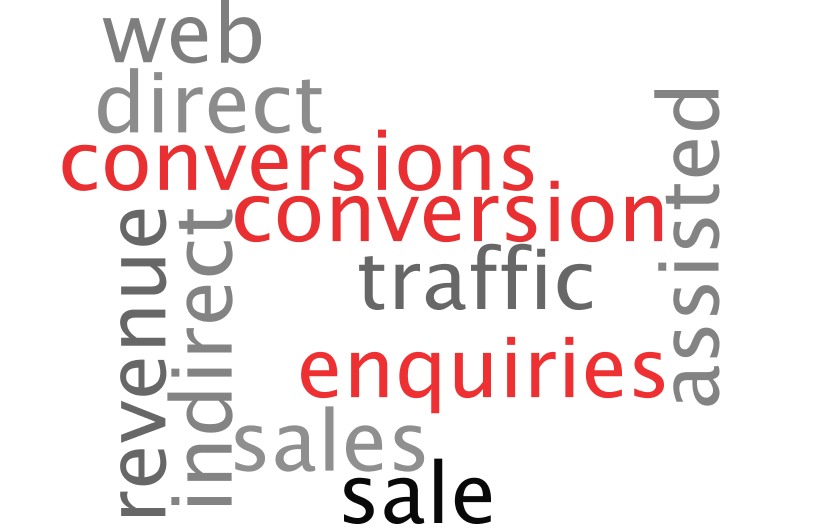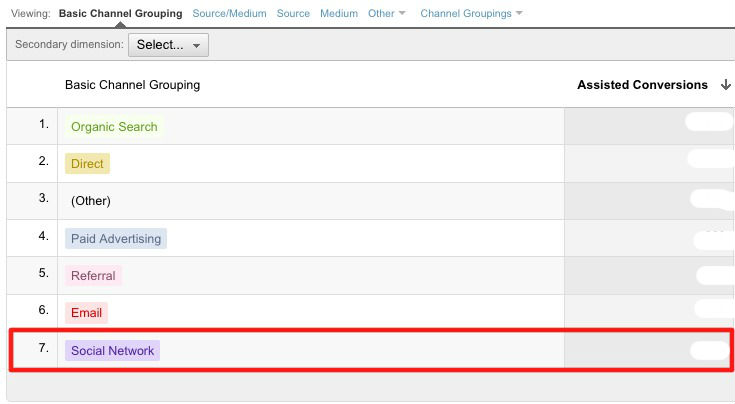
It was a year ago today (24th February) that Google unleashed Panda on the USA (followed by the UK and other English speaking countries in April).
We were fortunate. We weren’t negatively affected by Panda at all. In fact, some of our campaigns benefitted hugely. But nonetheless, whenever Google rolls out such a prominent algorithm development, there are tests to be run and lessons to be learned and here’s what we’ve learnt about Panda in the last 12 months:
The User Comes First
We should have already known this, of course. But for SEOs who were choosing to ignore the user in favour of a more Googlebot tailored web experience, Panda was a harsh lesson.
Google’s users are the reason the search giant makes billions each year from its services. If users are not finding what they are looking for in Google, there’s a risk of them going elsewhere. Google is obviously acutely aware of the quality issues in their search and simply has to make sure the results delivered are not just relevant, but are high quality as well.
Poor Quality Content Doesn’t Cut It
This is what the algorithm update was all about – eradicating poor content from prominent search positions. Google made that clear right from the outset. It became instantly clear just how big a deal content was.
Sites with low quality content and duplicate content suffered badly with the update. Sistrix research highlighted wisegeek.com and ezinearticles.com as the biggest losers in the US. In April this was followed up with research indicating ehow.co.uk was the biggest UK loser. Ehow.co.uk responded by deleting a massive 300,000 articles from its website in a bid to clean up poor quality copy and improve the standard of its content.
Panda is NOT an Anti-Spam Overlord
With the previous point made, we have to add that Panda is not perfect. At all. Not even close. We still see websites producing hideously poor quality content ranking well for some competitive keywords.
Bad Pages Can Have an Adverse Effect on the WHOLE Domain
Ehow.co.uk will vouch for this, I’m sure. If you have 200,000 pages on your site and 30,000 of them are poor quality, this can have an adverse effect on the search visibility of your entire domain (yes, including those decent pages).
Recovery Can Be Slow
If you have been bitten by the Panda, recovering can be a slow process. You have a few options:
- Remove the offending content (the ehow.co.uk method)!
- Complain to Google (yes, they have confirmed someone is addressing complaints where relevant)
- Start all over again with another domain (not a favourable if you have already invested heavily in your brand)
Don’t expect any of these to offer an overnight recovery though.
It’s Still Being Fine Tuned
Yes, Google knows its algorithm is far from perfect. This explains the 12 subsequent updates all designed to improve the algorithm.
Just for Fun…
Aside from some search results quality improvements, Panda also gave us an excuse to share videos like this on the blog:
Sources
Sistrix Analysis of the USA’s biggest Panda Losers






